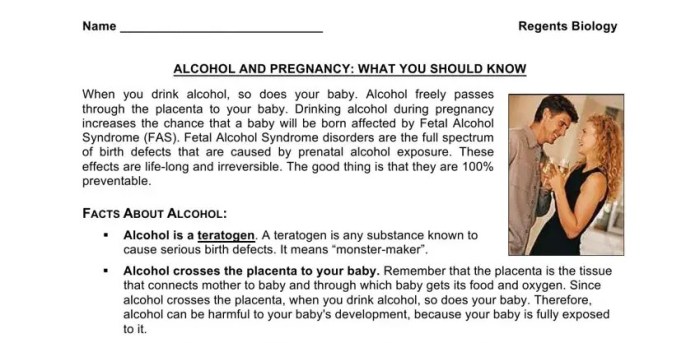Introducing the lab development of a human fetus answer key, this article delves into the intricate ethical implications, potential benefits, and ongoing advancements in this captivating field of scientific research.
As scientists continue to push the boundaries of knowledge, the lab development of human fetuses raises profound questions about the nature of life, the sanctity of human existence, and the responsibilities we bear as a society.
Lab Development of a Human Fetus: Lab Development Of A Human Fetus Answer Key

Lab development of a human fetus refers to the process of creating and growing a human fetus outside of the womb. This field of research has significant ethical implications, potential benefits, and risks, and has advanced rapidly in recent years.
Methods and Procedures
Lab development of a human fetus involves the use of in vitro fertilization (IVF) to create an embryo, which is then grown in a laboratory environment. Techniques such as embryo culture, stem cell differentiation, and organoid development are used to create and sustain the developing fetus.
The key stages in lab development include:
- Fertilization and embryo creation
- Blastocyst formation
- Gastrulation and organogenesis
- Fetal development and growth
Ethical Considerations, Lab development of a human fetus answer key
Lab development of a human fetus raises complex ethical concerns regarding the moral status of the fetus, the potential for exploitation, and the impact on society. Legal and regulatory frameworks are being developed to address these concerns.
Stakeholders involved in lab development include researchers, ethicists, policymakers, and patient advocacy groups, each with varying perspectives on the ethical implications.
Applications and Implications
Lab development of a human fetus has potential applications in addressing infertility, studying human development, and advancing regenerative medicine. It could provide insights into congenital disorders, improve prenatal diagnosis, and develop new treatments for birth defects.
Future Directions
The field of lab development of a human fetus is rapidly evolving, with ongoing research and advancements. Future directions include:
- Improving embryo culture techniques
- Developing more efficient and reliable methods for organoid development
- Investigating the ethical and societal implications of lab-developed fetuses
- Exploring the potential applications in regenerative medicine and personalized medicine
Top FAQs
What are the primary ethical concerns surrounding lab development of human fetuses?
Ethical concerns center around the moral status of the developing fetus, the potential for exploitation, and the long-term implications for human society.
What potential benefits could lab development of human fetuses offer?
Benefits include advancing our understanding of human development, developing new treatments for congenital disorders, and potentially providing an alternative to abortion.
What are some examples of current research and advancements in lab development of human fetuses?
Researchers are studying early embryonic development, developing artificial wombs, and exploring the use of stem cells derived from lab-developed fetuses for regenerative medicine.

